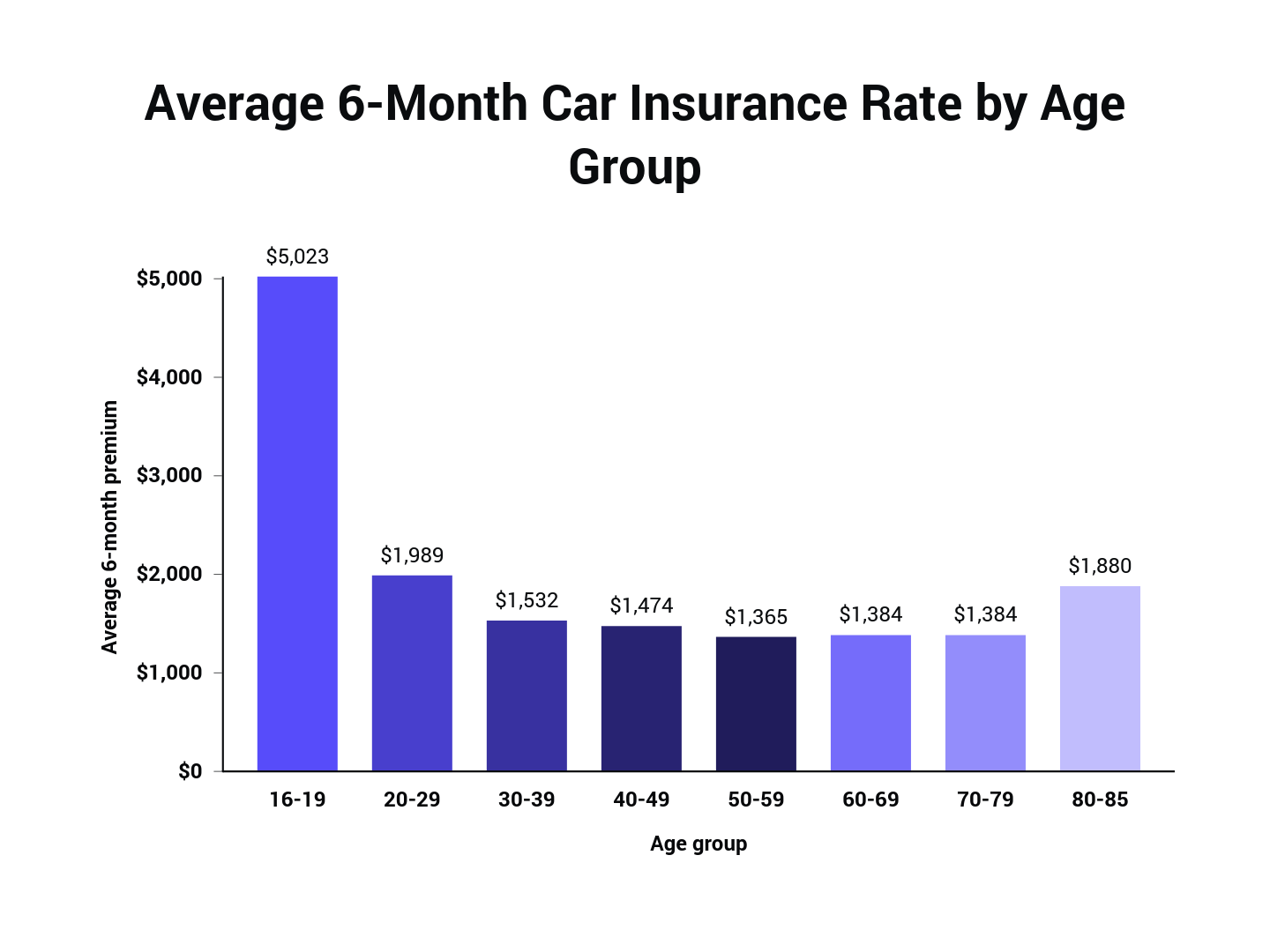Here's what you can anticipate to make at each level, assuming you are at one of the leading financial investment banks (i. e. Goldman Sachs, Morgan Stanley, J.P. Morgan): Financial Investment Banking Analysts are normally 21-24 years old with a Bachelor's degree from a leading university. Banks employ analysts right out of undergraduate programs.
The compensation is typically structured in the kind of a signing reward + base pay + year-end benefit. Top analysts work for 2-3 years and after that get promoted to Associate. Financial Investment Banking Associates are normally 25-30 years old. They're either promoted from Analysts or MBAs hired from service schools. Associates are accountable for managing Experts and checking Experts' work.
Top performing Associates usually work for 3-4 years and then get promoted to Vice President. Investment Banking Vice Presidents are almost always those who have previous investment banking Expert or Associate experiences. They're usually 28-35 years old. They are accountable for managing the work streams, analyzing what work is required to be done and making certain they're done correctly and on time by the Experts and Associates. By and big, becoming a bank branch manager or loan officer does not need an MBA (though a four-year degree is frequently a requirement). Also, the hours are routine, the travel is minimal and the day-to-day pressure is much less intense. In terms of attainability, these jobs score well. Wall Street employees can generally be categorized into three groups - those who largely work behind the scenes to keep the operation running (consisting of compliance officers, IT professionals, managers and so forth), those who actively provide monetary services on a commission basis and those who are paid on more of a salary plus benefit structure.
Compliance officers and IT supervisors can easily make anywhere from $54,000 into the low six figures, again, often without top-flight MBAs, but these are jobs that require years of experience. The hours are generally not as excellent as in the non-Wall Street economic sector and the pressure can be intense (pity the poor IT professional if an essential trading system decreases).

The Of How Do Finance Companies Make Money With 0% Financing
In most cases there is an aspect of reality to the pitches that recruiters/hiring supervisors will make to candidates - the incomes potential is restricted just by capability and determination to work. The largest group of commission-earners on Wall Street is stock brokers. A good broker with a top quality contact list at a solid firm can easily make over $100,000 a year (and often into the countless dollars), in a task where the broker pretty much chooses the hours that she or he will work (how to make money brokering eequipment finance leases).
However there's a catch. Although brokerages will often help new brokers by providing starter accounts and contact lists, and paying them a salary in the beginning, that income https://bestcompany.com/timeshare-cancellation/company/wesley-financial-group is subtracted from commissions and there are no assurances of success. While those brokers who can combine outstanding marketing skills with solid monetary advice can make impressive sums, brokers who can't do both (or either) may find themselves out of work in a month or 2, or even required to pay back the "salary" that the brokerage advanced to them if they didn't earn enough in commissions.
In this classification are those ultra-earners who can bring home millions (and even billions) in the fattest of the good years. A typical style across these jobs is that the yearly perks comprise a large (if not commanding) percentage of an overall year's compensation - how make money personal finance blog. An annual salary of $50,000 to $100,000 (or more) is hardly starvation wages, however rewards for sell-side analysts, sales reps and traders can enter into the 7 figures.
When it boils down to it, sell-side junior analysts frequently make in between $50,000 and $100,000 (and more at larger firms), while the senior analysts typically consistently take home $200,000 or more. Buy-side experts tend to have less year-to-year irregularity. Traders and sales representatives can make more - closer to $200,000 - however their base pay are often smaller sized, they can see significant annual irregularity and they are among the first staff members to be fired when times get hard or efficiency isn't up to snuff.
Facts About How Much Money Do You Make Out Of College In A Finance Job Uncovered
Wall Street's highest-paid workers frequently needed to show themselves by entering into (and through) top-flight universities and MBA programs, and then showing themselves by working absurd hours under demanding conditions. What's more, today's hero is tomorrow's absolutely no - fat incomes (and the tasks themselves) can vanish in a flash if the next year's https://www.pinterest.com/wesleyfinancialgroup/ efficiency is poor.

Financing tasks are a great method to rake in the huge bucks. That's the stereotype, at least. It holds true that there's cash to be made in finance. However which positions truly earn the most cash? In order to learn, LinkedIn offered Organization Insider with data collected through the site's salary tool, which asks verified members to send their wage and collects data on salaries.
C-suite titles were nixed from the search. what jobs make the most money in finance. LinkedIn computed typical base incomes, along with median total incomes, which included extra compensation like yearly rewards, sign-on rewards, stock options, and commission. Unsurprisingly, the majority of the gigs that made it were senior roles. These 15 positions all make a median base pay of at least $100,000 a year.